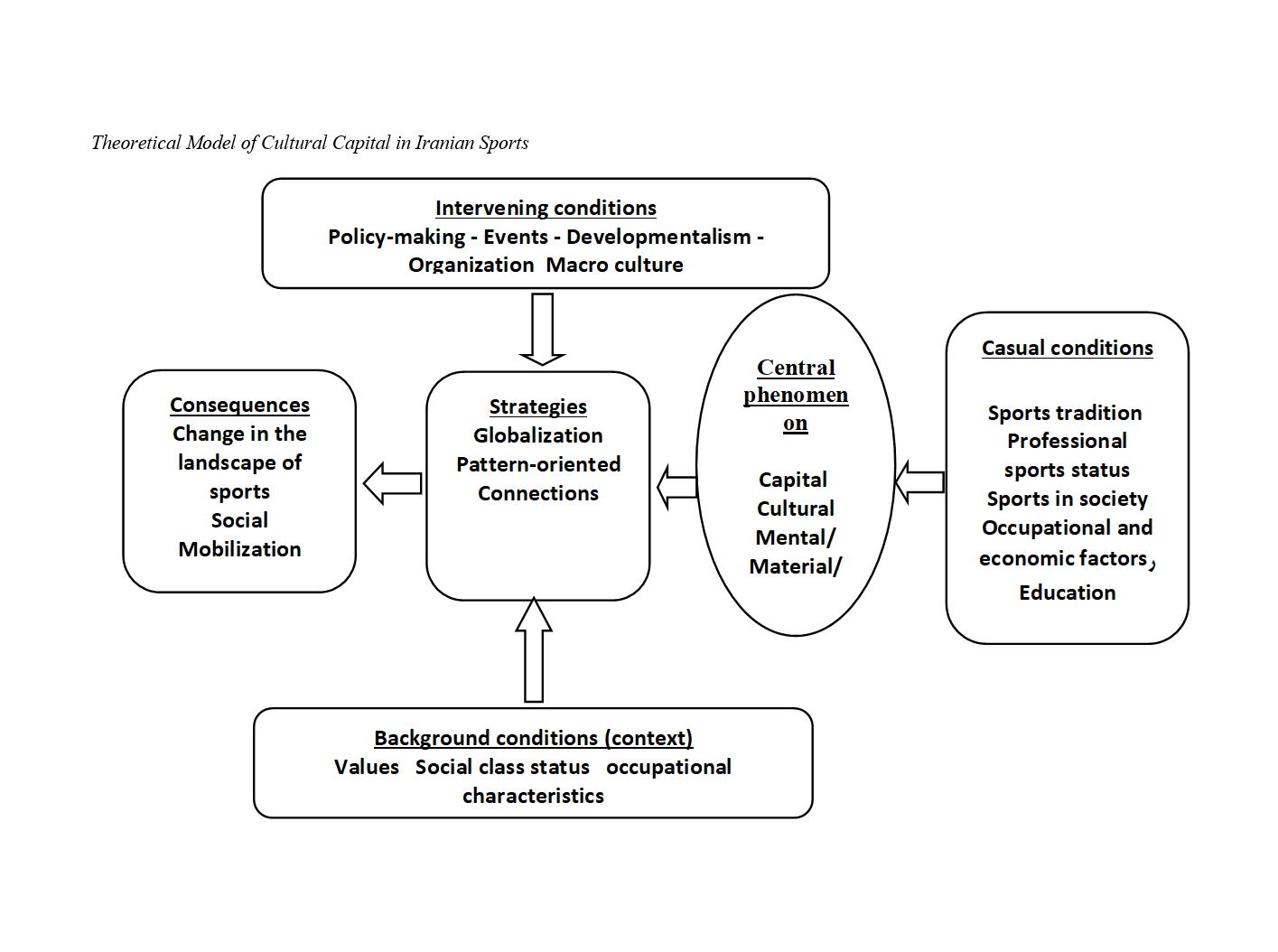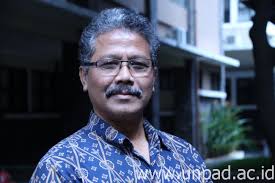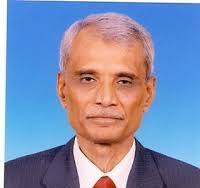Designing a Development Model for Cultural Capital in the National Sports System
Keywords:
Cultural Capital, Sports, Grounded TheoryAbstract
Objective: The primary objective of this study is to develop a comprehensive model for understanding and enhancing cultural capital within the national sports system.
Methodology: This research adopts a qualitative grounded theory approach, specifically utilizing the Strauss and Corbin method (2008). Data were collected through in-depth, open-ended interviews with 20 experts in academic and executive sports environments. The interviews were analyzed using open coding, axial coding, and selective coding to identify key concepts and categories. The study also incorporated library studies and document reviews to supplement the interview data. The validity and reliability of the findings were assessed through expert reviews and inter-rater agreement methods.
Findings: The analysis revealed several critical factors influencing cultural capital in the national sports system, categorized under main constructs such as sports tradition, professional status of sports, sports in society, economy, and education. Intervention conditions like policy status, unexpected events, development indices, media, politics, cultural macro-conditions, and geographic distribution were identified as significant influencers. Background conditions included values, social class diversity, organizational culture, meritocracy, and job security. The study identified strategic responses as either pattern-centered or conventional interactions leading towards globalization. These strategies significantly impacted social mobility and the priorities within the sports field.
Conclusion: This study provides a comprehensive model for understanding and developing cultural capital within the national sports system. It underscores the multifaceted nature of cultural capital and its critical role in fostering participation, professionalization, and social mobility in sports. The findings highlight the necessity for robust policy frameworks, educational initiatives, and financial support mechanisms to enhance cultural capital.
Downloads

Downloads
Additional Files
Published
Submitted
Revised
Accepted
Issue
Section
License

This work is licensed under a Creative Commons Attribution-NonCommercial 4.0 International License.






















